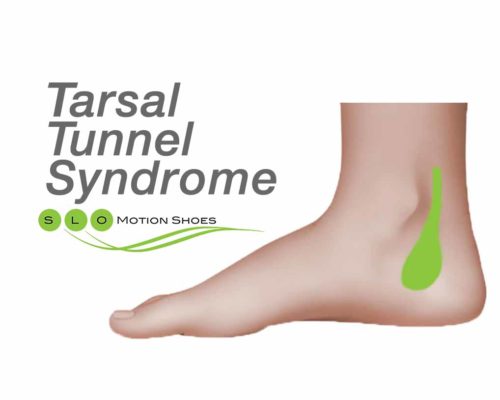Onychomycosis refers to any fungal infection of the nails. A fungus is an organism that lives in warm moist areas. Fungus of the toenails is a common problem that typically starts under the nail fold and grows underneath and into the nail.

Symptoms
Yellow to brown in color with occasional white patches
Thickened and dull
Brittle, crumbly, or ragged
Distorted shape
Development of ingrown nails
Pain due to changes in nail shape and thickness
Separation from nail bed (onycholysis)
Causes
Dermatophytes, living fungi, are primary cause
Exposure to common habitats of fungi, such as locker rooms, swimming pools, showers, unsterilized pedicure tools
Exposure following injury to toe
Heavy perspiration
Aging
Medical conditions, such as diabetes, circulatory problems, compromised immune system
History of Athlete’s Foot
Treatments
Treatment goals are to eradicate the fungus and prevent re-infection or secondary bacterial infection. If not treated effectively, infection can spread or become painful. Surgery may be indicated if infection is severe and medication is ineffective.
Topical antifungal, over-the-counter or prescription
Prescription oral antifungal
Keep feet dry and alternate shoes
Wear non-cotton synthetic socks to repel perspiration from the skin
Avoid acrylic nails or nail polishes
Laser and light-based therapies
Ingrown Toenail
Pain associated with Ingrown Toenails are a very common problem seen in lower extremity healthcare provider’s office. The first digit, or the “big toe,” is usually involved with the pain occurring as a result of abnormal pressure from the nail borders against the soft tissue of the toe. A nail that is highly curved or one that is excessively wide can create pain related to increased pressures of the nail against the soft tissues around the nails. Ingrown toenails are seen in children and adults alike. Nail trimming techniques do little to relieve the pain associated with this condition. A matricectomy procedure performed in office permanently removes a small portion of the nail that causes the painful ingrown toenail.
Onychomycosis
Onychomycosis or nail fungus affects five to fifteen percent of the United States Population. It is seen in younger as well as older individuals with up to a seventy percent occurrence in people older than seventy years of age. It appears to be more common in people with a history of athlete’s foot (a fungal infection of the skin) and people whose feet perspire a lot. Treatment is challenging because topical medications applied to the nail are unable to reach the infected nail bed. Oral medications including the prescription Terbenafine (Lamasil) continue to be the gold standard of treatment but must be prescribed with adequate patient selection. The effectiveness of this medication for curing the fungal infection is 60-70%. The safety of this medication has been established with over 25 years of medical use. Despite limited safety concerns, most patients are aware of the potential adverse effects on the liver. Laboratory liver function testing routinely performed during therapy support show abnormality in only 3-5% of patients taking the medication. Alternative treatments, including laser is FDA approved but rarely covered under insurance plans which make this treatment cost prohibitive for most patients. Prevention of re-infection after treatment is important because recurrence rates are high. Trying to maintain a dry shoe ware environment by alternating shoes daily is a good way to allow the materials of the shoe to dry. The use of non cotton synthetic socks help to wick or repel perspiration away from the skin.
Toenail Fungal Infection (Onychomycosis) Discussion Board
Select a View
Click on the view that most represents the area of discomfort that you are experiencing. Drag your cursor over your area of concern to obtain a brief description of the potential condition.








